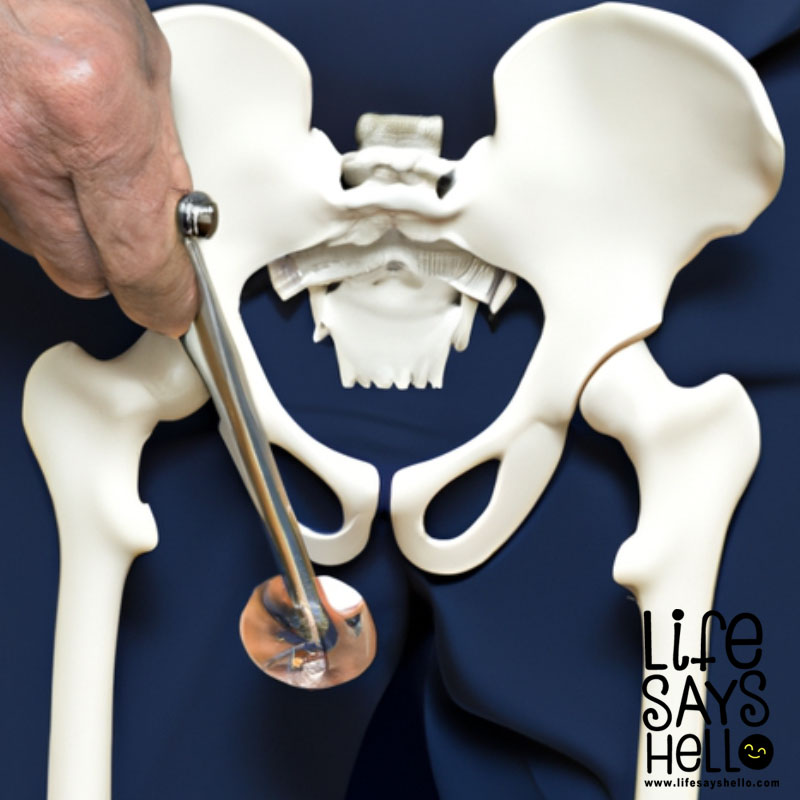What to Expect at 34 Weeks Pregnant: Common Symptoms and What They Mean

You’re almost there! At 34 weeks pregnant, you’ve made it through the home stretch and are likely feeling ready to meet your baby. But these last few weeks can bring an increase in discomforts as your body prepares for one of the biggest moments of your life.
Introduction
As you enter week 34 of your pregnancy journey, you’re nearing the end of your third trimester. This marks a transition period as your body ramps up preparations for the big day. While every pregnancy is different, many women find that symptoms seem to increase in both frequency and intensity during this time. Let’s walk through some of the most common symptoms you may experience around 34 weeks pregnant, along with some insight into why they happen and when you should call your doctor.
Common Physical Symptoms
Pelvic Pain and Pressure
As your belly continues expanding to make room for your growing baby, you may feel increased pressure and discomfort in your pelvic region. Many women report pelvic pain, lower back achiness, and feeling like baby is pressing down on their bladder around 34 weeks. This happens as your baby drops lower in your pelvis, getting into the optimal head-down position for birth. While uncomfortable, this is a good sign that your body is prepping for delivery. Doing pelvic tilts and stretches can provide some relief.
Swollen Feet and Ankles
Retaining extra fluid is common during pregnancy, and many women find it accumulates in their feet and ankles at this stage. Elevating your feet when possible can help reduce swelling. Staying hydrated and avoiding foods high in sodium can also help balance your fluid levels. If you notice sudden or severe swelling in your hands, face and around your eyes, contact your doctor, as this can signal preeclampsia.
Breast Changes
Your breasts may become even more enlarged and tender around 34 weeks as they prepare to produce milk for breastfeeding. Investing in a supportive maternity bra, breast pads, and moisturizer can help you stay comfortable. Don’t be surprised if you start leaking colostrum, the early milk that’s rich in nutrients for your baby.
Trouble Sleeping
Between an achy body, frequent bathroom trips, vivid dreams, and just plain excitement about meeting your baby soon - quality sleep is tough for many women at 34 weeks pregnant. Do your best to wind down with relaxing music, a warm bath, meditation, or other rituals to help you get the rest your body needs.
Fatigue
Carrying around that adorable baby belly is hard work! It’s perfectly normal to feel extra tired at this stage. Listen to your body and rest when you can. Say no to non-essential tasks and enlist help from loved ones. The fatigue should ease up after delivery.
Shortness of Breath
As your growing uterus presses up against your diaphragm and lungs, you may feel short of breath at times. Try some belly-breathing exercises: breathe in slowly through your nose, allowing your belly to expand, then exhale slowly through pursed lips. Avoiding heavy exercise can also help.
Heartburn and Indigestion
That pesky pregnancy hormone progesterone can cause the muscles around your esophagus to relax. Combined with uterine pressure, this allows stomach acid to creep up and cause unpleasant heartburn. Try eating smaller, more frequent meals and avoid spicy foods. Antacids can provide relief too.
Normal but Annoying: Braxton Hicks Contractions
Many women start noticing Braxton Hicks contractions around 34 weeks. These sporadic uterine contractions are a normal part of pregnancy. They don’t indicate labor is imminent, but instead help prep your body by toning and conditioning the uterus.
Here’s what to expect with these “practice” contractions:
Irregular Timing - They come and go without a set pattern.
Painless - More aptly called tightening. Some discomfort can occur but no severe pain.
Short Duration - They last about 30-60 seconds on average.
Change Intensity - Some Braxton Hicks are strong and noticeable, while others are subtle.
What triggers Braxton Hicks contractions? Several factors may stimulate your uterus to tighten up:
Dehydration - Staying hydrated is especially important. Drink plenty of fluids.
Full bladder - A bathroom trip often calms Braxton Hicks. Don’t let yourself get overly full.
Activity - Moving around after long periods of stillness can trigger contractions.
Baby’s movements - Your little one’s stretching and squirming can cause a reaction.
Hormonal changes - Shifting hormones stimulate uterine muscles.
While annoying, Braxton Hicks contractions are a good sign that your body is making the needed preparations for labor. Stay tuned to patterns and notify your provider if you have any concerns.
Warning Signs to Watch For
Most symptoms around 34 weeks pregnant are perfectly normal, if not exactly comfortable. However, there are a few warning signs that signal possible complications. Contact your healthcare provider right away if you experience:
Regular contractions that don’t fade after resting and hydrating - This can indicate early labor.
Vaginal bleeding - While some light spotting may occur, heavy bleeding could signify a problem.
Severe or recurring lower back pain - Back pain is common but worsening or sudden onset can be a red flag.
Decreased fetal movement - Noticeable slowing or stopping of baby’s normal in-utero movements should be evaluated promptly.
Rupture of membranes - Call if you think your water may have broken, which is detected through fluid leakage from the vagina.
Visual disturbances like blurred vision or seeing spots - This can accompany preeclampsia.
Don’t hesitate to call your doctor’s office to discuss any worrying symptoms you notice at 34 weeks pregnant or beyond. They can help determine if your symptoms require prompt medical attention.
When to Call Your Doctor
Connecting with your healthcare provider for guidance is wise if:
Contractions are occurring every 5-10 minutes for 1+ hours
You passed your mucus plug or have bleeding beyond light spotting
You’re leaking fluid in high volume
Baby’s movements significantly decrease for 12+ hours
You have a headache, vision changes, excessive swelling, or other signs of preeclampsia
You have any symptoms causing you severe pain or distress
Your doctor can evaluate what’s going on and decide if you need to come in for monitoring and potential early delivery. If your symptoms pose no immediate medical risk but are negatively impacting your quality of life, your doctor may be able to offer relief through:
Prescribing pain medication that’s safe during pregnancy
Recommending stretches, exercises, or physical therapy
Providing guidance on sleep hygiene, nutrition, and lifestyle changes to ease discomforts
The discomforts of late pregnancy aren’t fun, but try to remember they’re temporary and signify your baby will be here soon! Don’t hesitate to lean on your care provider throughout this transition.
Conclusion
Reaching 34 weeks pregnant is an incredible milestone. As much as we all want to meet our babies, it’s ideal to carry to full term if possible, so these last few weeks of discomfort serve an important purpose. Listen to your body, watch for any warning signs, stay in touch with your doctor, and take comfort knowing the finish line is near! Before you know it, the symptoms will fade and you’ll be holding your precious newborn.




Comments